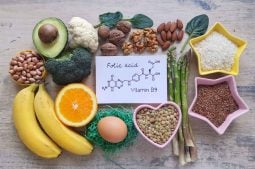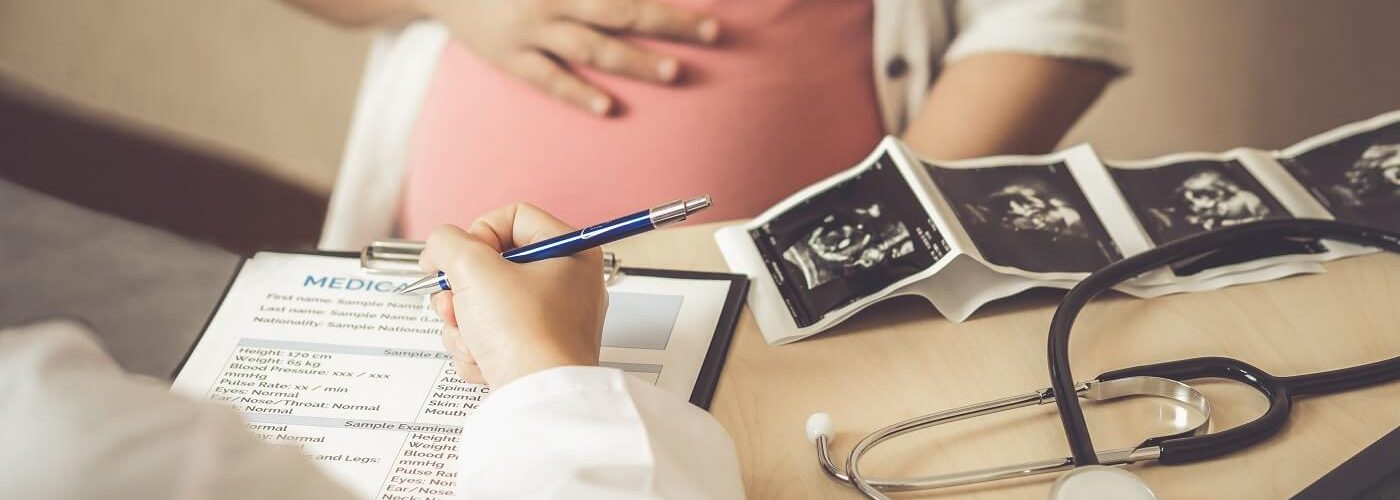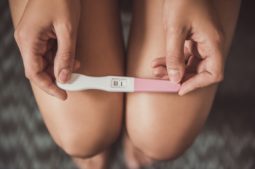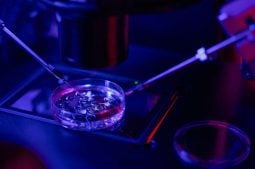
Spain stands out among other European countries due to the difference in regulations surrounding egg donation. While donors in other countries may not be granted anonymity, it is a requirement in Spain. Patients who use donated eggs or sperm in Spain may never know the name or any other identifying particulars about the donor. This is a great advantage for selfless individuals who would love to donate genetic material but who do not wish to run the risk of having to assume parental responsibility as a result.
These altruistic individuals will be able to help other people, couples and single women alike, to fulfil their dream of having a family. Other benefits include the availability of donated eggs and sperm in Spain. Because donors get a compensation for the inconvenience, they can afford to take time off for clinic appointments and donate. Lastly, because of the anonymity, there are vastly more individuals who opt to donate.
Egg Donation Regulations in Spain
Egg donation in Spain is regulated by Royal Decree-Law 9/2014, of July 4, which outlines the quality and safety requirements of the process. This text covers everything related to donation, procurement, evaluation, processing, preservation, storage, and distribution of human cells and tissues.
Among other points, this Royal Decree establishes that donations in Spain are voluntary, anonymous, and altruistic. This means that the person donating does not receive financial compensation or remuneration.
The requirements for egg donors are:
- that they are over the age of 18 but younger than 35;
- that their genetic history complies with the strictest possible guidelines;
- that they are both physically and mentally healthy.
Potential donors undergo a thorough gynaecological examination, along with a series of tests to check for transmittable diseases such as HIV, hepatitis and syphilis. Only the blood group and age of the donor may be passed on to the recipient of the egg. This protects the donor in the future. It also ensures that any offspring that result from the procedure remain with the patient who carries the embryo and gives birth to the child. In Spain, the law states that the patient is the legal parent, not the biological donor.
Egg Donation Success Rates in Spain
Travelling to Spain for fertility treatment is increasingly common, especially as further European countries opt to lift donor anonymity. Spain is well-served in terms of air travel routes, making it easy to reach from many countries.
There are enough IVI clinics in the country to ensure that waiting times are short and treatment swift. The success rate is high due to high-quality donated eggs and sperm. Patients can expect a well-managed process that is made as stress-free as possible.
Specifically, the success rate of egg donation treatments at IVI clinics is 100% by the third attempt. Pregnancy is achieved in 83% of cases on the first attempt and in 97% on the second attempt.
Pros of Egg Donation in Spain
In Spain, heterosexual couples, same-sex couples and single women can undergo fertility treatment with donor sperm and eggs. Infertility causes in women may include:
- the age of the genetic material (women over the age of 40 in particular have an extremely low chance of natural conception);
- hereditary factors such as genetic diseases or disorders;
- past treatments such as chemotherapy which are harsh on the body.
Women who have suffered repeated miscarriages or entered premature menopause may also benefit from egg donation. Using the genetic material of another person, who is healthy and able, is one of the greatest ways to boost chances of conceiving.
Women travel from all over the world to undergo IVF treatments in one of IVI’s 28 clinics in Spain. Patients from countries such as the United Kingdom, Germany and the Netherlands prefer Spain’s rigorous anonymity laws compared to the laws in their home countries. In these countries, it may be possible for offspring to request donor information either on their 16th or 18th birthdays, meaning that donors do not have the right to anonymity.
Another advantage of undergoing egg donation treatment at an IVI clinic in Spain is that there are no waiting lists to initiate the process. We have one of the largest gamete banks in the world, allowing us to provide access to a wide range of phenotypes. This cuts down the time it takes to go through the procedure significantly. It means that should a cycle fail, another can be started very quickly. For patients dreaming of having or completing a family, this is a great advantage. Other countries often have excellent clinics and statistics, but patients undergoing treatment may face long waiting times in between cycles. This could be an important factor in favour of opting for treatment in Spain, especially for older couples, for whom time is of the essence.
In this video, you can see the emotional testimony of Gina, a British patient who became a mother thanks to egg donation at IVI Valencia:
What is the egg freezing success rate?
When a patient is assigned a donor, the eggs preserved in the gamete bank are devitrified for fertilization in the laboratory. The survival rate of devitrified eggs ranges from 83% to 92%, depending on the oocyte quality and the age of the donor. Pregnancy rates with frozen eggs are similar to those achieved with fresh eggs.
How Long Does the Egg Donation Process Take?
While it is true that each process is different depending on the patient, we can establish that egg donation treatments can be shortened in duration. This is because the patient only needs to prepare her endometrium. As there is no need for ovarian stimulation (or multiple stimulations) to obtain her own eggs, the protocol could be shortened if a compatible donor is quickly available.
Here are the general stages of an egg donation process:
First Consultation
The patient or couple has the first consultation with the specialist, who establishes a medical history and diagnosis in cases of infertility. In the case of a male partner, a semen analysis will be prescribed.
Donor Assignment
Using Perfect Match technology, at IVI, we search for a donor with the highest compatibility for the patient. We consider phenotype (ethnicity, eye and hair color, height, build) and facial features. Additionally, we conduct a comprehensive genetic analysis to determine compatibility not only with the patient but also with her partner if she has one.
Patient Preparation
The patient will be prescribed medication for about ten days to prepare the uterus to maximize the chances of embryo implantation.
Embryo Transfer
From all fertilized eggs, the best embryo will be selected to be transferred to the patient. About 11 days later, the patient will undergo a blood pregnancy test.
Are Egg Donors Compensated in Spain?
Sometimes, a question arises when talking about egg donations in Spain: how much do egg donors get paid in Spain? As explained earlier, the law mandates that egg donation in Spain must be altruistic. However, a provision allows for compensation to be provided for any inconveniences caused. The donation of eggs is a process that requires a certain amount of time and dedication.
Donors must attend a clinic to go through rigorous testing. Then they undergo ovarian stimulation to produce more than one egg with each ovulation. The eggs are collected via ovarian puncture, and the whole process takes between 12 and 15 days. The donor may need time off work and may incur travel expenses to attend the appointments. Financial compensation is paid only to cover these costs.
Let’s not forget that Spain is the European country leading the list of organ donations. According to data from the Spanish Ministry of Health, 1 in every 4 donors in the European Union comes from Spain. There are more donations recorded there than in the United States. The culture of donation is widely embraced in the country. Therefore, many women want to make this gesture of solidarity with patients who are unable to have children using their own eggs.






7 Comments
Dear reader, we recommend you ask your doctor this medical question. She/he will be able to solve all your doubts regarding our egg donation programme.
I would like to know how many egg donors do you have in your bank?